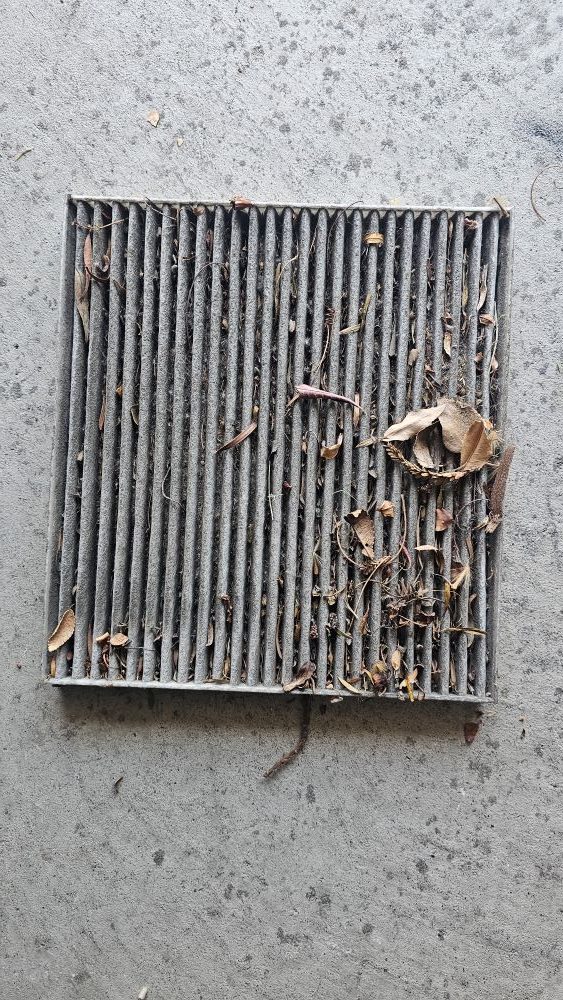As a mechanic, you understand the importance of regular vehicle maintenance. One often-overlooked aspect of vehicle maintenance is the cabin air filter. The cabin air filter plays an important role in keeping the air inside the vehicle cabin clean and breathable. In this blog post, we will discuss the importance of a cabin air filter and why it is essential to change it regularly.
What is a cabin air filter?
A cabin air filter is a component of the vehicle’s ventilation system that helps keep the air inside the cabin clean and fresh. The filter is typically located behind the glove box or under the dashboard. It is designed to trap dust, pollen, and other airborne particles, preventing them from entering the cabin.
Why is it important to change your cabin air filter?
A dirty cabin air filter can reduce the efficiency of the ventilation system and lead to poor air quality inside the vehicle cabin. Over time, the filter can become clogged with dirt and debris, making it difficult for air to flow through it. This can lead to air conditioning problems and cause the ventilation system to work harder than necessary, reducing its lifespan. A clogged cabin air filter can also cause unpleasant odors inside the vehicle cabin, which can be harmful to passengers, especially those with allergies or respiratory conditions.
How Often Should You Change Your Cabin Air Filter?
The frequency of cabin air filter changes varies depending on the make and model of the vehicle, as well as the driving conditions and habits of the driver. As a general rule, it is recommended to change the cabin air filter every 12,000 to 15,000 miles, or once a year. However, if you drive in dusty or polluted environments, you may need to change the filter more frequently.
How to Change Your Cabin Air Filter?
Changing your cabin air filter is a simple and straightforward process that can be done in just a few minutes. The first step is to locate the filter, which is typically located behind the glove box or under the dashboard. Once you have located the filter, remove it from the housing and replace it with a new one. Be sure to follow the manufacturer’s instructions when installing the new filter to ensure it is properly seated.
In conclusion, changing your cabin air filter is an essential part of vehicle maintenance that should not be overlooked. A clean cabin air filter can help improve the air quality inside the vehicle cabin, prevent unpleasant odors, and extend the lifespan of the ventilation system. As a mechanic, it is important to educate your customers about the importance of cabin air filters and to advise them on when to change the filter based on their driving habits and conditions. Regular cabin air filter changes can lead to a healthier and more comfortable driving environment for everyone.



